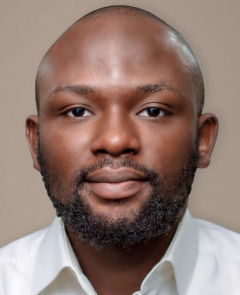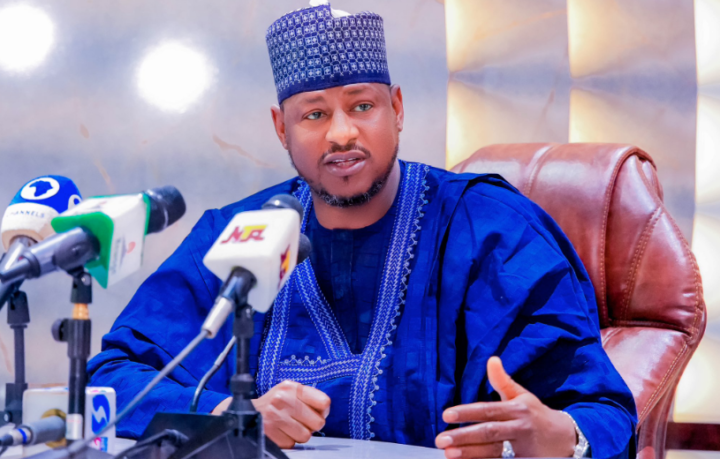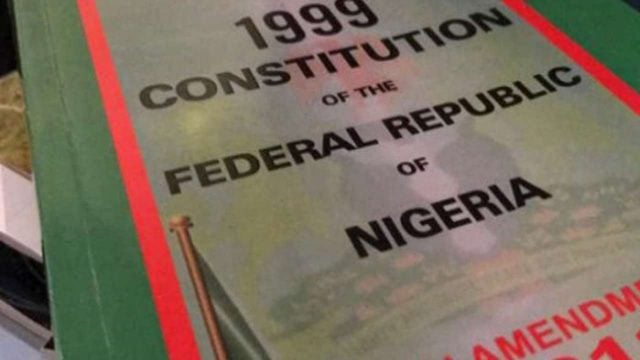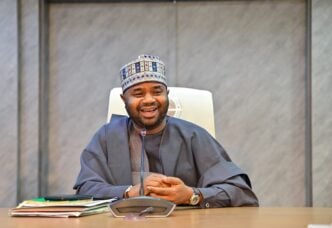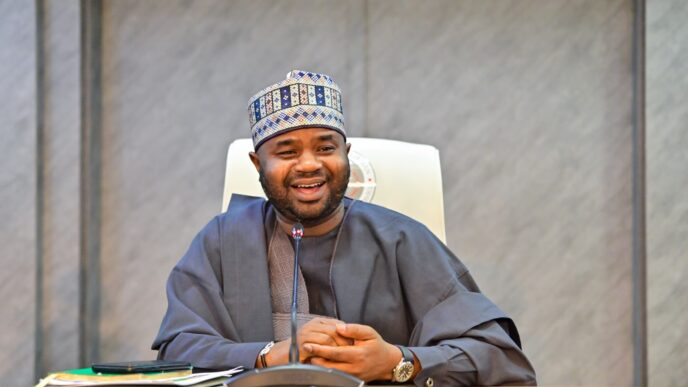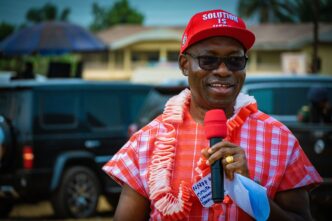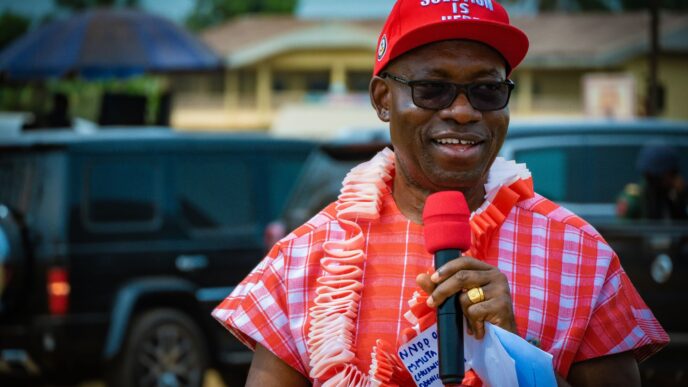Dikko Radda, governor of Katsina
In all the examples of social and economic transformation in history, one thing that has remained consistent is the presence of leaders with a vision of society. From Singapore to China, and all the third-world to first-world examples—the story of their uncommon transformation has been championed by leaders with bold vision and an ironclad commitment to push the vital reforms.
Ditto Nigeria; even within the context of the marginal progress we have recorded as a country, some of the leaders who have made a dotting mark on our national history are the ones who have demonstrated this vision of society, and our history is replete with examples of such leaders.
Although examples of these leaders are in short supply today, there are still a few around us who continue to show immense promise and prospect even in these times of uncertainty, and one such example is Umar Dikko Radda, the Governor of Katsina State. Typically, because states like Katsina are further from major urban centres in Nigeria, media exposure and promotion of the efforts of governments in those regions can be minimal, sometimes non-existent, but as public commentators, that is exactly our job: to bring light to efforts that have hitherto gone unnoticed.
Dikko Radda, an economist and former Director General of the Small and Medium Enterprises Development Agency of Nigeria, became the Governor of Katsina in 2023, at a time when it had become infamous for generalised insecurity, banditry, kidnapping, poverty, out-of-school children, a huge infrastructure deficit, environmental issues, especially desertification, and a stagnant economy that offered next to no opportunity for social mobility. From Daura to Funtua, the situation was perpetually the same, but in the more than a year of Dikko Radda’s leadership, there has been a gradual change of fortune for the state.
Advertisement
One of the core essences of government is to leave the people better off, but this does not happen by sheer luck; it happens through a deliberate and well-coordinated plan. So, when in February 2024, Governor Dikko Radda unveiled the Katsina State Development Plan vision for the years 2024 to 2043, as a blueprint for future development, it made me stop to think: there is something transformational happening in Katsina, and we all have to pay attention.
This is because I believe that you cannot build something on nothing; my first assessment of any serious government is whether or not they have a blueprint or development plan that guides their work. The work of development is serious business; it cannot be ad hoc or disjointed. For starting with the Katsina State Development Plan, I think Dikko Radda offered a shining example for other sub-nationals.
In the last year, there has been considerable government intervention in critical sectors such as entrepreneurship and wealth creation, direct investment, basic infrastructure, welfare, education, agriculture, and security, in an effort to fix the foundation of the state’s economy and deliver economic growth that is inclusive and leaves no one behind.
Advertisement
One of such specific government interventions to jumpstart the state’s economy is the Katsina MSME Growth Fund, a N5 billion fund set up by the state government and the Bank of Industry (BOI) to encourage small businesses, support enterprise, and expand access to economic opportunities.
There are more than 37 million MSMEs in Nigeria, contributing more than 48 percent to GDP and employing more than 70 percent of the labour force. These small businesses are the engine of growth of any economy. The Katsina growth fund, therefore, has the potential to stimulate the state’s economy and spur growth, considering that it reflects the needs of its large youth population and the majority of the population who work in the informal sector.
This effort on entrepreneurship, in addition to constituting the Dikko Business Development Service in all the 34 local government areas of Katsina and other similar interventions, rightly earned Dikko Radda the MSME-friendly Governor Award at the National MSME Award 2024.
Direct investment is essential for productivity, competitiveness, and job creation. Recently, the African Development Bank (AFDB) announced Katsina as one of the states that may potentially benefit from a $7.6 billion capital mobilization worth of investment interest, following the successful participation of Governor Dikko Radda and other state governors at the Africa Investment Forum in December.
Advertisement
Human capital is a key element of economic growth, including access to quality education and healthcare. As part of the Transforming Education System at the State Level Project (TESS), the government is renovating 150 primary schools in the state, with a commitment to also ensure that more children are brought into formal education. The health sector is also receiving a boost, with the construction of new primary healthcare centres to ensure last-mile access.
There has also been significant work on expanding access to physical infrastructure with the ongoing construction of the Katsina Eastern Bypass, a 24-kilometer road that would connect Dutsinma Road to Kano Road through Daura Road to Yandaki Village in Kaita Local Government and other critical roads and infrastructure in the state.
Today, Katsina is also one of the few states that has committed to pay the new national minimum wage of N70,000 with consequential adjustment expected across all levels in all its Ministries, Departments, and Agencies (MDAs).
Under Governor Dikko Radda, Katsina has certainly switched gears, fixing the foundations and decisively turning the page for Katsina people. But there is certainly more work to do, and I am sure the governor understands the immense work that is ahead of him; for now, one can only wish him and the Katsina people better days ahead.
Advertisement
Awogbenle, a Development and Public Policy Professional, writes from United Kingdom. He can be reached via [email protected].
Advertisement
Views expressed by contributors are strictly personal and not of TheCable.
Add a comment
